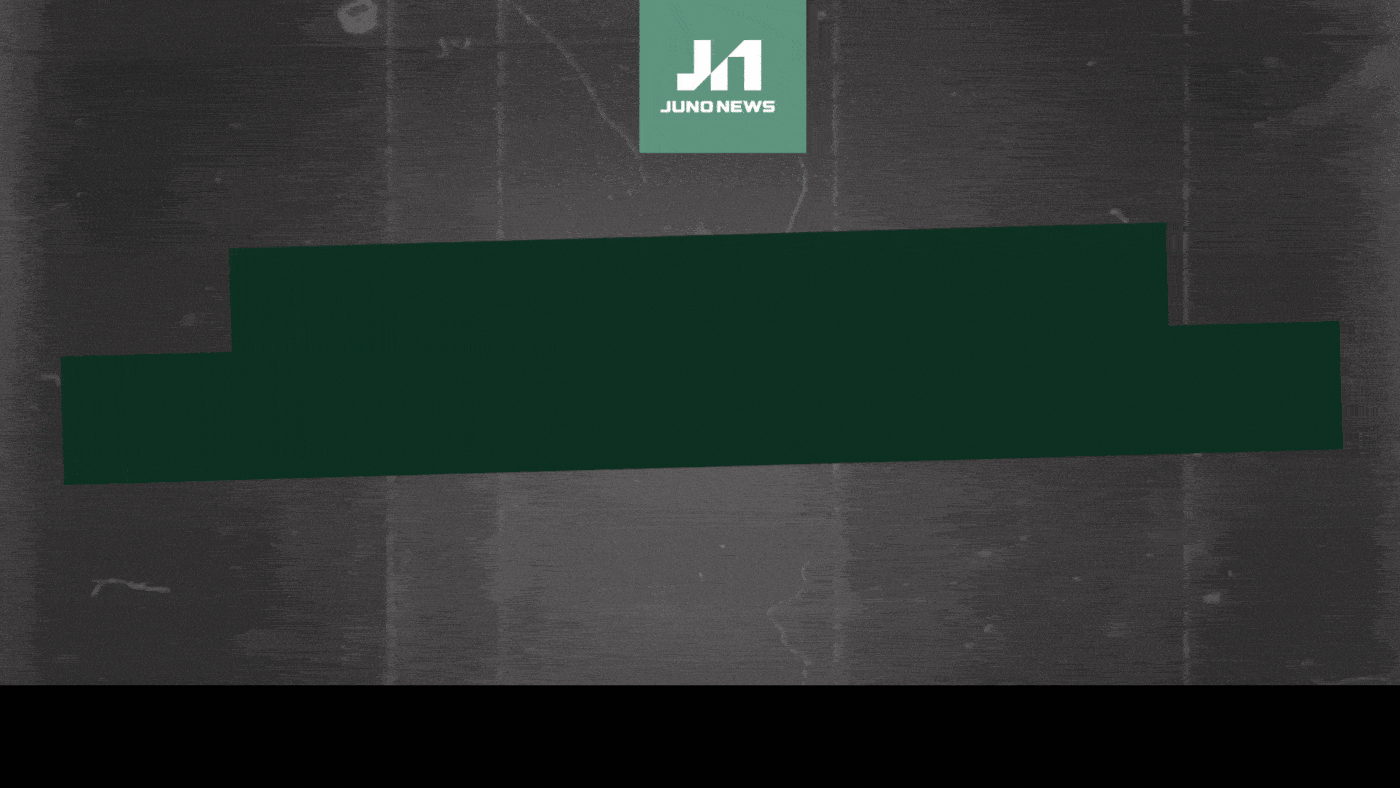OP-ED: Groundbreaking court decision raises concerns about reliance on social science 'evidence'
Christine Van Geyn writes, "The role of expert social science evidence in constitutional litigation needs far more scrutiny."
Author: Christine Van Geyn
The role of expert social science evidence in constitutional litigation needs far more scrutiny. In the recent Fair Voting BC v Canada case, a misguided challenge to Canada’s voting system that claimed first-past-the-post violates the Charter right to vote and the right to equality, the Ontario Court of Appeal faced a massive record stuffed with reports from political scientists, mostly about how some countries’ electoral systems are “better” at ensuring more women and racial minorities are elected.
We need your support to continue producing hard-hitting news and opinion, just like this. Become a Juno News premium subscriber today to support independent media.
The court rightly observed that, unlike natural sciences, social science evidence is not inherently oriented to discovering the objective truth of some matter under investigation. Social science is concerned with human behaviour and has a significant normative dimension. Often, what appears to be disinterested conceptual or empirical analysis is in fact the marshalling of facts and arguments to create a case for a policy change favoured by the academic, the Court explained. Human behaviour is complex, value-laden, and often inseparable from the policy preferences of the researcher. What may be presented as neutral data is often advocacy in academic garb.
“All of this is to say that the policy recommendations of those within the academic community must be evaluated by the soundness of their observations and arguments, and not by the sheer fact of their academic credentials,” Justice Grant Huscroft wrote for the majority. “Academic views are not entitled, a priori, to priority over anyone else’s.” In other words, arguments are to be assessed on their reasoning, not the resume of the author.
The court ultimately dismissed the challenge, affirming that Canada’s first-past-the-post system is constitutional. Yet the broader issue remains: social science evidence is everywhere in Charter litigation, and it often muddies more than it clarifies. Worse, the culture of “battling experts” inflates the already massive costs of constitutional litigation, putting justice further out of reach for ordinary Canadians.
The Canadian Constitution Foundation (CCF), which regularly challenges unconstitutional laws, often faces government-funded reports from partisan academics. Governments are eager to spend taxpayer dollars hiring progressive academics to defend illegal laws. Consider the CCF’s challenge to Calgary’s so-called “Safe & Inclusive Access Bylaw,” which bans “specified protests” near public libraries. The city filed an expert report from Kristopher Wells, a sitting senator with a PhD and Masters degree from the University of Alberta faculty of education. Wells has no expertise in psychology or psychiatry, yet in his expert report opined on the “psychological harms” of exposure to undefined “anti-2SLGBTQIA+ speech,” and the report included citations to news reports and flawed studies. Worst of all, as a sitting Trudeau-appointed Senator, Wells is a political partisan. He even publicly advocated for the bylaw after it was enacted, and specifically opined on its constitutionality in an op-ed. Court experts have a duty of neutrality, yet the city had no qualms about putting his evidence forward.
A similar problem arose recently in litigation against the Region of Waterloo’s “anti-bullying and harassment” bylaw. The CCF is challenging the bylaw for being de facto criminal law, outside the authority of the city to enact, and for violating the constitutional guarantee of freedom of expression. In response, the region is attempting to rely on a sociologist whose report describes the Gadsden flag as a hate symbol, suggests that the 2022 Freedom Convoy’s term “Honk Honk” may secretly have also meant “Heil Hitler,” and implies that speech restrictions are needed to prevent “microagressions.” Much of her proposed testimony deals with criminal hate speech, which we argue is outside Waterloo’s authority to regulate. Beyond being irrelevant, this testimony seems like an inflammatory attempt to buttress an unconstitutional bylaw by leaning on academic credentials.
The Court of Appeal’s warning in Fair Voting should be taken seriously. The Court noted that the expert reports before it were “replete with highly contestable policy arguments about which reasonable disagreement abounds, not only in the academic community but amongst the public at large.” It concluded that the record “demonstrates the shortcomings of constitutional litigation in addressing public policy disagreements.”
That conclusion reflects an uncomfortable truth: too often, governments use taxpayer dollars to commission reports from sympathetic academics to bolster weak laws, while civil society groups are forced to spend scarce resources rebutting them. The courtroom becomes an arena for duelling partisans rather than a forum for principled constitutional reasoning.
None of this means social science evidence is always irrelevant or unnecessary. But courts should treat it with skepticism, scrutinize the boundaries of expertise, and reject evidence that strays into advocacy or ideology. Policy debates are best left to elected representatives, where the public can hold them accountable.
Constitutional litigation should not be a contest of competing manifestos disguised as expert testimony. Judges should remember what the Ontario Court of Appeal emphasized: expertise does not transform contestable policy arguments into constitutional truths.
Courts should be vigilant in keeping constitutional adjudication grounded in law, not in partisan social science dressed up as fact. The integrity of the Constitution, and access to justice itself, depends on it.
Ottawa is targeting Juno News. We need your help to fight back!
The Liberals are betting they can wear us down, bankrupt us, and send a warning to every journalist in the country. They’re dead wrong.
The best way to protect Juno News and make us untouchable is to fortify our newsroom by becoming a Juno News premium subscriber right now. When we are stronger, bigger, and better funded, they can’t shut us down.
If you’re already a member — or if you prefer to contribute directly — you can also make a one-time secure donation to support the legal fight.
Learn more at DefendJuno.com




Much of social science is the academic equivalent of basket weaving. It is based on psychology and psychiatry which are, themselves, historically recent inventions. Prior to Freud, Jung and company, charlatans all, it was the family, societal norms and the Church that one turned to for advice and guidance on moral, ethical and spiritual matters. The Social Sciences are an offshoot of the delusion that a stranger somehow has more insight into how you think and how you should live than those who are intimately invested in your life.
This is critically important stuff.